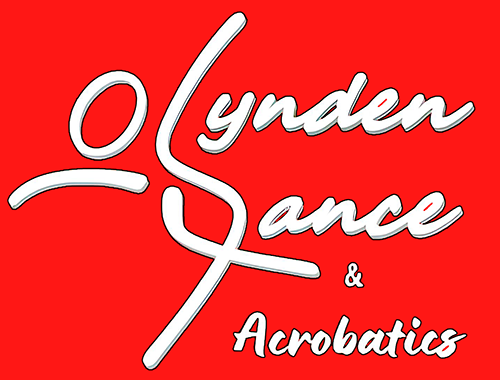
In a world where children's lives are increasingly sedentary, finding activities that promote both physical and mental health is more important than ever. Dance, with its blend of creativity, movement, and music, offers a unique solution. At the Lynden School of Dance in Basingstoke, we've seen first hand the transformative power of dance in children's lives. This post explores the myriad benefits of dance, shedding light on why it's not just an art form but a vital component of healthy development.
Enhanced Physical Fitness
Dance is a holistic physical workout that touches on all aspects of fitness. It's a fun way for children to improve their cardiovascular health, ensuring their hearts are strong and resilient. Moreover, the various movements in ballet, tap, modern jazz, and acrobatic dance enhance muscle strength, flexibility, and endurance. Unlike traditional workouts, dance incorporates a wide range of movements that engage the entire body, promoting overall physical health in a way that children love.
Motor Skills and Coordination
One of the first and most noticeable benefits of dance is the improvement in motor skills and coordination. Dance routines require timing and precision, which, over time, greatly enhance a child's balance and coordination. For younger children, especially those starting as early as 2 1/2 years at our Basingstoke Little Tots classes, dance is an excellent way to develop these essential skills early on.
Obesity Prevention
With childhood obesity on the rise, dance offers a proactive way to keep children moving and healthy. Regular dance classes provide vigorous activity that helps maintain a healthy weight, all while having fun. It's exercise in disguise, with upbeat music and engaging choreography that keeps kids coming back for more.
Posture and Bone Health
Dance doesn't just make kids move; it makes them move correctly. Good posture is integral to many forms of dance, and through practice, children naturally develop a better stance and stronger bones, thanks to the weight-bearing nature of dance movements.
Boosts in Self-esteem and Confidence
There's a unique joy in mastering a dance routine and performing it in front of an audience. These achievements are incredibly empowering, boosting children's self-esteem and confidence. Whether it's nailing a tap sequence or executing a perfect pirouette, each milestone is a building block for a child's self-worth.
Stress Reduction and Emotional Well-being
Dance is an emotional release, a way for children to express feelings they might not be able to articulate. The physical activity of dancing also releases endorphins, the body's natural mood lifters, reducing stress and enhancing emotional well-being.
Cognitive Development
Dance requires memorisation, coordination, and concentration. Following complex choreography boosts cognitive function, improving memory, attention, and academic performance. It's a brain workout as much as a physical one, showing that dance classes are beneficial both inside and outside the classroom.
Social Skills and Teamwork
Dance classes are communal experiences. Children learn to work together, leading and following, listening, and communicating. These are vital social skills that extend beyond the dance studio, helping children navigate school, friendships, and family life.
Expression and Creativity
Dance is an art form that allows children to express themselves in ways words cannot. It promotes creativity, encouraging kids to think outside the box and express their feelings through movement. This creative outlet is invaluable for emotional and mental health, providing a sense of freedom and joy.
Discipline and Persistence
Learning dance isn't easy. It requires practice, patience, and perseverance. These lessons in discipline and persistence are invaluable, teaching children that hard work and dedication pay off. It's a lesson that applies to all areas of life, from school to personal goals.
Cultural Awareness
Through dance, children are exposed to a variety of cultures and traditions. Each dance style has its own history and background, offering an enriching experience that explores a greater understanding and appreciation of the world.
The benefits of dance extend far beyond the dance studio. As children learn to pirouette, tap, and leap, they're also developing crucial life skills. They're building stronger bodies, developing emotional resilience, and creating friendships that can last a lifetime.
At the Lynden School of Dance in Basingstoke, we're proud to offer a space where children can grow, learn, and thrive through dance.
If you're interested in exploring how dance can benefit your child, we welcome new students to join our Lynden family.
Initiate your child’s dance journey with our introductory offer of three trial sessions. We welcome every new dancer with the first three classes on a trial basis, charged at our standard weekly rate, ensuring they feel fully comfortable and excited to continue before committing to a full term.

